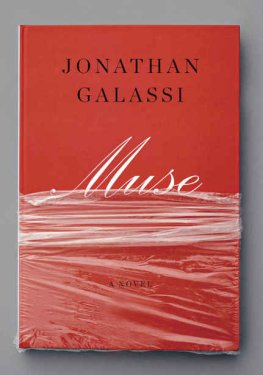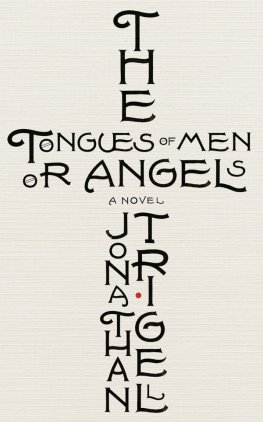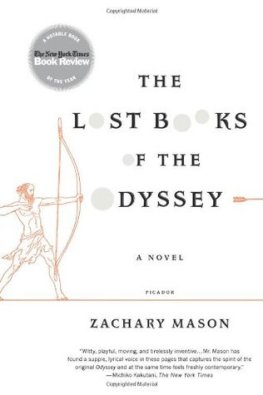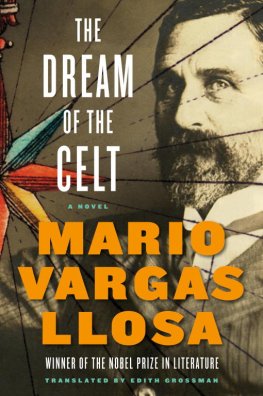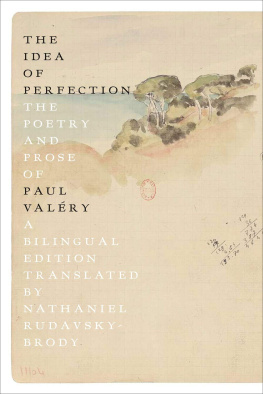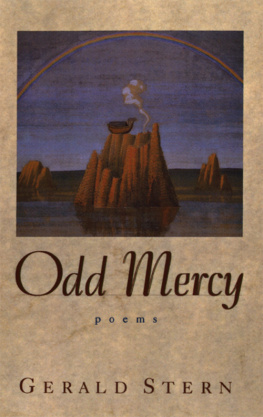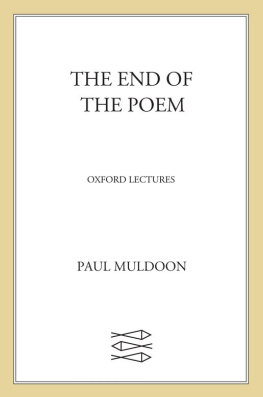For my heroes
(you know who you are);
for Beatrice and Isabel,
my heroines;
and in loving memory of Ida Perkins
This is a love story. Its about the good old days, when men were men and women were women and books were books, with glued or even sewn bindings, cloth or paper covers, with beautiful or not-so-beautiful jackets and a musty, dusty, wonderful smell; when books furnished many a room, and their contents, the magic words, their poetry and prose, were liquor, perfume, sex, and glory to their devotees. These loyal readers were never many but they were always engaged, always audible and visible, alive to the romance of reading. Perhaps they still exist underground somewhere, hidden fanatics of the cult of the printed word.
For these happy few, literature was life, and the slowly burning pages on which it took shape were the medium of their cult. Books were revered, cherished, hoarded, collected, given, and sometimes borrowed, though seldom returned. The rarity of an item the number of copies in an edition, the beauty and complexity of its printing, occasionally the quality of its contents determined its value. Once in a great while, a book was deemed to be worth millions. Works that bore the signature of their authors were objects of veneration, displayed under lock and key in the inner sancta of great libraries and museums. Writers in those days, only a few assumed the mantle of authorship, a demanding and even dangerous vocation were the high priests of this religion, shunned and held in suspicion by the unwashed but idolized by the initiated faithful.
This is the story of some of the truest of this religions true believers. They came into their own in the heady days after World War II when everything seemed possible, and in subtle ways they changed the culture they lived in, made it richer, deeper, more exciting and full of promise. Richness and depth are qualities not much in vogue in these days of speed and instantaneous transformation. Our virtual world is a flat world, and we relish this about it. We change identities at the drop of a hat; we pivot, regroup, reconfigure, reinvent. The characters in this story are different. They were loyal to their own sometimes twisted yet settled natures, modern in the old-fashioned sense. And in their own selfish ways, they were heroes.
This is also the story of our countrys love affair with one of its great poets. Ida Perkins streaked across the sky of American life and letters as a very young woman and remained there in one way or another until her death in 2010 at the age of eighty-five. While she lived, her every word and movement was noted and commented on, lionized, bemoaned. Our critics most of them, anyway fell down before her, but so did the commonest of common readers. She made poetry fans out of ordinary women and men, and when she died, the outpouring of national grief was such that President Obama designated her death day, which was also her birthday, a national holiday.
All of Idas many lovers remained devoted to her; and all of them searched for, and found, reflections of themselves and of her love for each of them in her poems. But there were others who pined for her in unrequited fashion, who could know her only through her words the readers who faithfully bought book after book over Idas long career; the editors who dreamed of publishing her; the young poets who sat at her feet when she let them and swooned to be her swains; the critics who continue today to discover and invent the meanings of her infinitely various oeuvre; and the scholars who for decades to come will be poring over the many writings she left behind: poems, essays, unfinished memoirs and fiction and plays, and notebooks, many of them as yet unavailable everything but letters, for Ida never wrote, or kept, personal correspondence. Presumably she received countless missives from admirers as various as Pound, Eliot, Avery, Moore, Stevens, Montale, Morante, Winslow, Char, Adams, Lowell, Plath, Olson, Kerouac, Ginsberg, Cheever, Hummock, Burack, Erskine, OHara, Merrill, Gunn, Snell, Vezey, Styron, Ashbery, Popa, Bachmann, Milosz, Merwin, Sontag, Carson, Nielsen, Glck, Cole, and McLane to name only a few of her closest literary associations. But though she no doubt read many of their letters, as far as we can tell she kept none of them, and all of her correspondents knew better than to expect a reply. Words, for Ida, were meant to be whispered conspiratorially (and deniably), or else committed irrevocably to the page. Her instantly recognizable breathy voice for a high-wattage intellectual star, she came across as exceedingly shy was part and parcel of what her second and by common consensus most beloved husband, Stephen Roentgen, called her lifelong need to seem normal.
Ida disliked talking about literature; she felt it was dull, unworthy: shoptalk. Cooking, gardening, pictures, sex, and politics were her preferred topics of conversation. And gossip. Always gossip. She was reputedly one of the worlds best storytellers, though with a forgiving lilt to her voice that could make the worst crimes come across as mere peccadilloes.
Among her most loyal acolytes were two of the significant publishers of her time: Sterling Wainwright, founder and presiding genius of prestigious, influential Impetus Editions, who was also her second cousin, first love, and principal publisher; and Homer Stern, king of Purcell & Stern, Sterlings brash and brassy rival, who long carried a torch for Ida and may have extinguished it at least once or twice in Idas early New York years. And there was Paul Dukach, who had the luck to be a young editor at the right moment at Homers scrappy but consequential firm. Paul worshipped Ida from afar, with a devotion that sometimes made him sick with yearning unworthiness the kind of feverish attachment that if youre not careful can burn its unknowing object to a crisp. Eventually, this young mans passion for Ida would transform the trajectory of her work and change the lives of all of them.
We make so much of love. We live for it, we ache for it, we convince ourselves that well die without it and make the search for it the focus of our lives. Yet love, my friends, is a terrible pain. It distracts us; it sucks up time and energy, makes us listless and miserable when were without it and turns us into bovine creatures when we find it. Being in love is arguably the least productive of human states. It is not, as so many believe, synonymous with happiness. So when I say this is a love story, Im telling you its not entirely a happy story. It is what it is the raw truth, the fabric of our heroes and heroines messy lives, the scent of their days and nights, the marrow of their souls. Proceed with caution.
Fuck the peasants!
That ancient cry off the Russian steppe was the trademark toast of Homer Stern, founder, president, and publisher of the tony, impecunious independent publishing house Purcell & Stern. He raised a glass with it often at dinners celebrating his authors victories or, better yet, defeats, after the numerous award ceremonies that punctuate the publishing year. Homers salute to his warriors divided the world cleanly into us and themor maybe it was me and thema spot-on reflection of his Hun-like worldview.
Homer was a womanizer, and he made no particular effort to hide it. It was part of the broad advertisement of self that some found disarming and just as many detested. To his fellows, his frank appreciation of female horseflesh jibed with his loud, nasal upper-class New York accent and loud, expensive clothesOn him they look good, Carrie Donovan allowed in the pages of Harpers Bazaar

